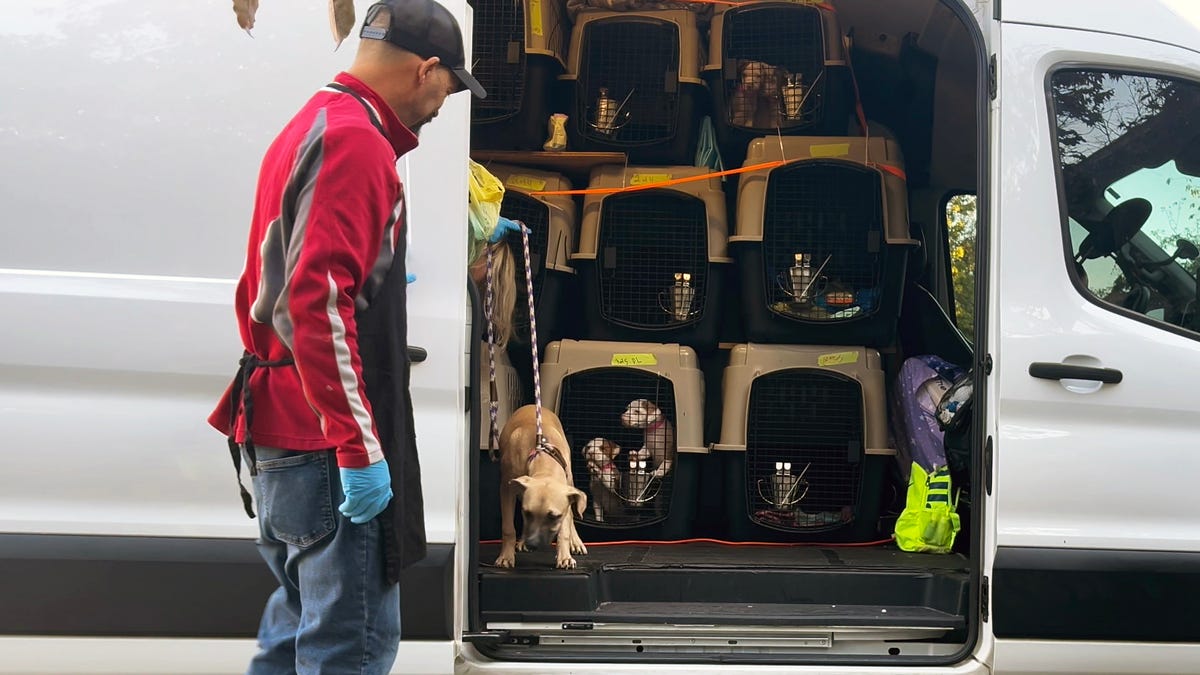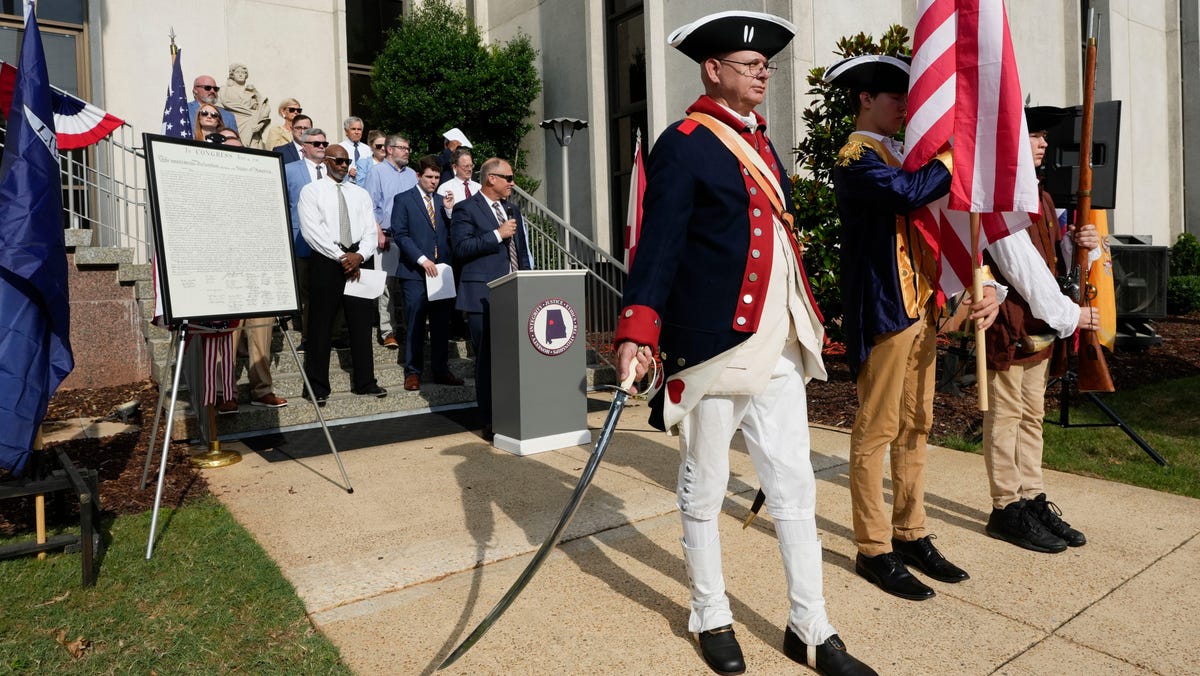Independence Day fireworks will fade, but lost or abandoned cats and dogs will suffer long after the final boom.

How to keep your dog and cat calm during fireworks
Fireworks can be overwhelming for pets. Here are a few ways to keep them safe and calm.
- Local animal shelters are overwhelmed with pets, especially after holidays like the Fourth of July.
- National animal charities receive large donations but allocate a small percentage to local shelters.
- Donating directly to local shelters or volunteering is the most effective way to help homeless animals.
Fear of fireworks is one of the most common challenges faced by dog owners. Animals will often display visible signs of anxiety − like shaking, pacing the room or hiding − when faced with the booms and flashes.
Some pets will even run away, which is why it should come as no surprise that July 5 is among the busiest days of the year for pet shelters.
Americans can take preemptive steps to keep furry family members secure during the festivities. But with an estimated 45% of households owning a dog, successful canine escape artists are inevitable.
That’s why it’s so important to foster a robust network of local pet shelters. The frontline volunteers at these facilities will care for lost or abandoned pets until they can be reunited or paired with loving homes.
Sadly, we are missing the mark in that regard. Local pet shelters across the country are drowning.
Headline after headline describes how pet shelters operating on shoestring budgets are being overwhelmed with animals. “Pet surrenders soar in Chicago, pushing city shelter to the brink,” one reads. Another warns: “South Georgia animal shelters struggle with overcrowding as euthanasia rates climb.” A Colorado headline: “Dog surrenders are soaring at Denver Animal Shelter.”
While established, national charities are well suited to tackle certain societal problems, sheltering homeless animals is a different story. It’s a national crisis that is most effectively tackled by community solutions.
Give to organizations that provide the most help
The key is directly supporting local pet shelters, rather than sending money to national groups headquartered in New York or Washington, DC.
Large animal charities like the American Society for the Prevention of Cruelty to Animals (ASPCA) or Humane World for Animals, formerly the Humane Society of the United States, will produce flashy fundraising appeals and hobnob with politicians. But humble, laborious activities like caring for homeless cats and dogs all year are low on their priority lists.
Neither group is affiliated with local pet shelters, despite sometimes having similar-sounding names. And while both of the large organizations feature compelling imagery of homeless cats and dogs to solicit donations, only a small fraction of fundraised dollars go to local pet shelters as financial grants.
The ASPCA contributes about 2% of its more than $350 million budget. Humane World for Animals gives only 1% of its nearly $180 million budget.
The best thing Americans can do to help alleviate the homeless pet crisis is to donate directly to, or volunteer at, their local shelters. Diverting a chunk of donor generosity that currently supports national groups to instead help local pet shelters would go a long way toward saving the lives of thousands of cats and dogs.
Companies and influencers also have a responsibility to support local shelters over large, national animal nonprofits. For example, one recent contestant on “Celebrity Jeopardy!” competed to win $1 million for Humane World for Animals. The game show’s grand prize would more effectively help homeless cats and dogs if it funded a handful of local pet shelters that are strapped for resources.
Evite, an online virtual invitation platform, is another example. The website currently offers users the opportunity to donate to the ASPCA after RSVPing to events like birthday parties or weddings. The pop-up message says it would “give more animals the food, water, and shelter they need to survive.” Evite could better help homeless cats and dogs by directing visitors to support local pet shelters.
Independence Day fireworks will fade, but lost or abandoned cats and dogs will suffer long after the final boom. Generous Americans should directly support local pet shelters to help these animals because national charities are dropping the ball.
In the land of “pup-portunity,” no homeless animal should be left behind.
Edwin Sayres was president and CEO of the American Society for the Prevention of Cruelty to Animals from 2003 to 2013. He is a senior adviser to the Center for the Environment and Welfare.










